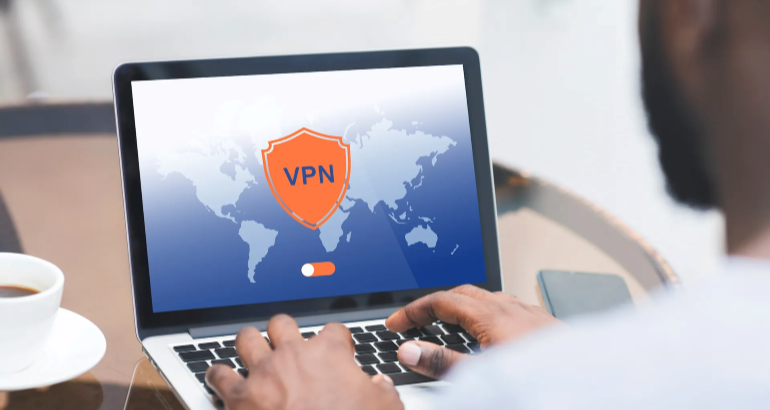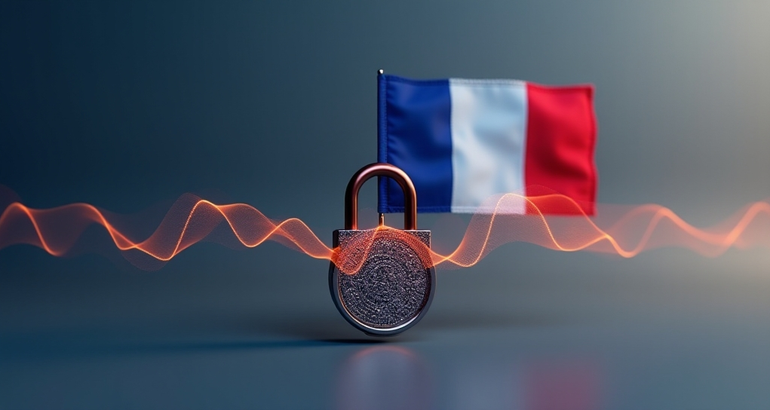Is VPN Legal? Everything You Need to Know

- VPN





Overview
VPN is a network technology that allows you to access websites on the internet anonymously, regardless of whether they are censored or restricted. VPNs can protect your privacy and security, helping you avoid hackers and eavesdroppers when using public Wi-Fi. However, is VPN legal to use, and why are there legal issues surrounding VPNs? In this blog post, we'll answer these questions.
Contents
Why Are There Legal Issues Surrounding VPNs?
Why Are There Legal Issues Surrounding VPNs?
VPNs themselves are not illegal; they are merely a technological tool that can be used for various legal or illegal purposes. However, some countries and regions have placed restrictions or bans on VPN usage for political, economic, or security reasons. These countries and regions typically share the following characteristics:
① They have strict internet censorship systems that prohibit access to politically sensitive, religious, pornographic, or social media websites.
② They have copyright protection laws that prohibit the use of VPNs to circumvent regional restrictions on viewing copyrighted movies, TV shows, or music.
③ They have counter-terrorism laws that prohibit using VPNs to hide one's identity and location, preventing terrorists and criminals from using VPNs for illegal activities.
Where Are VPNs Illegal?
The legality of VPNs varies depending on the laws and regulations of different countries and regions. Here are some examples of countries and regions that restrict or ban VPNs:
China
China has one of the world's strictest internet censorship systems, known as the "Great Firewall." The Chinese government prohibits the use of unapproved VPN services and only allows the use of VPNs that are monitored by the government. Using unapproved VPN services in China can lead to fines or imprisonment.
Russia
Russia also has strict internet censorship, banning access to websites that are critical of the government, promote extremism, or contain pornography. The Russian government requires all VPN service providers to comply with a national blacklist and block access to banned websites. Failure to comply can result in fines or shutdowns.
Iran
Iran has strict internet censorship, blocking access to politically sensitive, religious, pornographic, or social media websites. The Iranian government permits the use of VPN services that are government-monitored and censored. Using other VPN services may result in fines or imprisonment.
Turkey
Turkey has strict internet censorship, blocking access to politically sensitive, religious, pornographic, or social media websites. The Turkish government frequently blocks popular VPN services and monitors users' online activities. Using VPN services in Turkey may result in warnings or arrests.
Apart from these countries and regions, several others have varying degrees of restrictions or regulations on VPN usage, including the United Arab Emirates, Indonesia, Saudi Arabia, Singapore, South Korea, and more.
How Do VPN Bans Get Enforced?
Different countries and regions enforce VPN bans in various ways, but the methods generally include:
① Blocking VPN service providers' websites and servers to prevent users from downloading and using VPN applications.
② Detecting characteristics of VPN traffic, such as port numbers, protocols, or encryption methods, and disrupting or terminating VPN connections.
③ Requiring internet service providers (ISPs) and telecommunications providers to cooperate with the government by monitoring users' online activities, identifying VPN users, and reporting them.
④ Using legal measures to fine, prosecute, or arrest VPN users.
Why Are VPNs Legal?
Despite some countries and regions imposing restrictions or bans on VPNs, they are still legal in most countries and regions. This is because VPNs serve many legitimate and lawful purposes, such as:
① Protecting privacy and security
VPNs can encrypt your internet traffic, preventing hackers, eavesdroppers, advertisers, or governments from spying on your personal information, sensitive data, or online activities.
② Circumventing geographical restrictions
VPNs allow you to change your virtual location, granting access to websites or content that may be unavailable in your region, such as Netflix, Hulu, BBC iPlayer, and more.
③ Improving network speed
VPNs can help you avoid ISP throttling or congestion, resulting in faster and more stable internet connections.
④ Saving costs
VPNs can provide access to lower prices or discounts on items such as airline tickets, hotels, software, and more.
Recommended: MetroVPN
① Encrypts network activity
MetroVPN ensures that all your internet traffic is encrypted, providing a secure and private connection when browsing websites.
② Surf anonymously
With MetroVPN , you can browse the internet without revealing your real IP address, maintaining anonymity and online privacy.
③ Strict no-logs policy
MetroVPN adheres to a strict no-logs policy, meaning it doesn't track or store any of your online activities, ensuring your data remains confidential.
④ Ultra-fast speed
MetroVPN offers high-speed servers, ensuring smooth and seamless browsing without compromising performance.
⑤ Access restricted content
By connecting to MetroVPN 's 6500+ servers, you can bypass geographical restrictions and access content that may be blocked or unavailable in your region.
⑥ 30-day money-back guarantee
MetroVPN provides a risk-free trial period with a 30-day money-back guarantee, allowing you to try their service with peace of mind.
⑦ 24/7 customer support
MetroVPN offers round-the-clock customer support to ensure you can get assistance whenever you need it.






